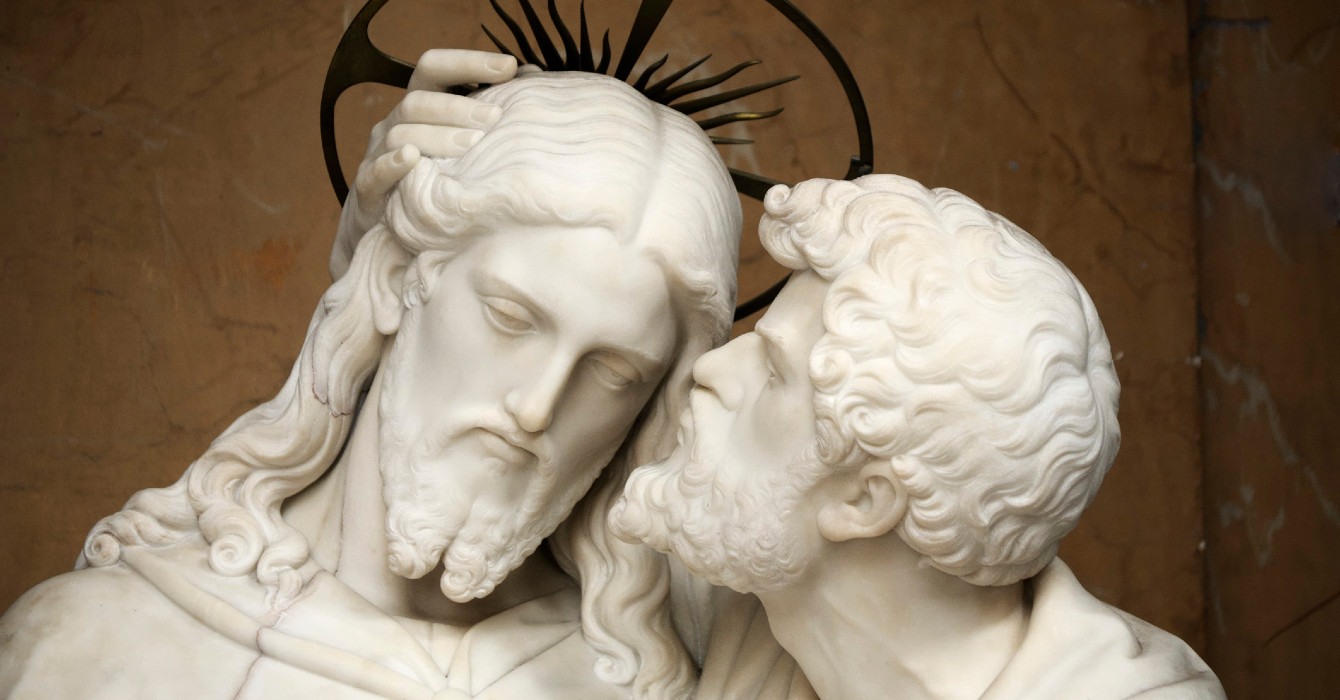What does it mean to be Christian leaders of faith communities during this in-between season we call Ordinary Time? When I consider the rhythms of the liturgical calendar, Ordinary Time takes a back seat to the spectacle and grandeur of other holy seasons, like Advent, Christmas and Easter. There appears to be nothing significant to anticipate in this long, unbroken stretch. It seems mundane, pointing us to the routines of daily life.
In the rhythm of life as a leader, Ordinary Time can manifest in efforts that seem to go unnoticed and progress that feels stalled. Programs that once thrived may struggle for attendance. Ministry initiatives that gave meaning may now feel like mere obligations. Our prayers can feel hollow, our sermons lack fire and interactions with the community that defined our work can seem superficial.
But beneath the surface, the season can offer more than that.
Precisely in these stretches of “ordinariness,” we are challenged to find deep meaning and purpose in the everyday moments of Christian life and leadership rather than in the grand and grandiose. We lead in a culture that equates significance with spectacle, and perhaps Ordinary Time challenges the notion that meaning can be derived only from pivotal events or remarkable achievements. This liturgical season reminds us of a profound truth: that the most transformative growth often emerges not from the dizzying heights of life’s mountaintops but from the quiet, unassuming valleys that lie between them.
The warrior-king David knew something of finding the divine in the mundane. He writes in Psalm 23, “Even when I walk through the darkest valley, I fear no danger because you are with me” (Psalm 23:4 CEB). David invites us to cultivate a deeper awareness of God’s presence daily, even in difficulty. Accomplishing that amid the ordinary requires us to do two things.
First, we must remain vigilant. Isn’t it interesting that Ordinary Time coincides with summer activities and distractions? The allure of vacations, outdoor adventures and relaxation provides an escape from the monotony of this season. There are times when we need distractions as a respite from the demands and stresses of everyday life. However, when distractions become a constant escape from challenges and opportunities, they can be a barrier to our spiritual and personal growth.
Our faith is not a spectator sport. The powers of this world do not take a break during Ordinary Time; they continue to exert their influence. Without vigilance, these forces can slowly erode our communities and lead our lives into chaotic spirals. We must resist the temptation to disengage and instead be attentive and grounded in the present.
Second, we must be steadfast. There is something counterintuitive about Ordinary Time. While the other liturgical seasons display God’s activity in the world in sudden and extravagant ways, Ordinary Time shows us that God is at work slowly as well. In this season, we realize that God’s work can often be subtle and gradual. Just as a seed doesn’t sprout into a full-grown tree overnight, God’s plans for our lives and the world may take time to unfold.
It is here that Ordinary Time teaches us its most valuable lesson: our faith is not defined by a single event or season but is a daily commitment to the God who is patiently and persistently working behind the scenes of life’s stage.
Being steadfast through Ordinary Time demands that we find solace in a journey of faith that is not always marked by visible triumphs and immediate results but often by the quiet, unseen work of the Spirit in the depths of our being. Here, we dig deeper to draw upon the reserves that have sustained us thus far. We are invited to embrace hope and choose to believe that the best is yet to come.
The season beckons us to resist the allure of constant stimulation and instead cultivate a keen awareness of the present moment. It invites us to find solace in the extraordinary nature of the day-to-day and challenges us to unearth significance in the mundane.
In Ordinary Time, the resilience to navigate life’s turbulence is not merely nurtured but fortified. By embracing it, we embark on a journey of revelation, discovering that the most profound truths often lie hidden in plain sight. Green, a color synonymous with growth and vitality, adorns this liturgical season. Perhaps it is a reminder that our spirits can flourish and thrive even in the most unassuming times.
We lead in a culture that equates significance with spectacle, and perhaps Ordinary Time challenges the notion that meaning can be derived only from pivotal events or remarkable achievements.















